Patti Lather Distinguished Award Keynote
Dr. Gloria Ladson-Billings is the former Kellner Family Distinguished Chair of Urban Education from the University of Wisconsin-Madison. Ladson-Billings is the Past President of the National Academy of Education, former President of the American Educational Research Association, a Fellow of the Hagler Institute of Texas A&M University, a Fellow of the American Academy of Arts & Sciences, and a Fellow of the American Educational Research Association. She holds 9 honorary doctorates from national and international universities. She is author of the critically acclaimed, The Dreamkeepers: Successful Teachers of African American Children and Crossing Over to Canaan: The Journey of New Teachers in Diverse Classrooms and 12 edited volumes along with more than 100 journal articles and book chapters.
To learn more about the Patti Lather Distinguished Award and Keynote, click here.
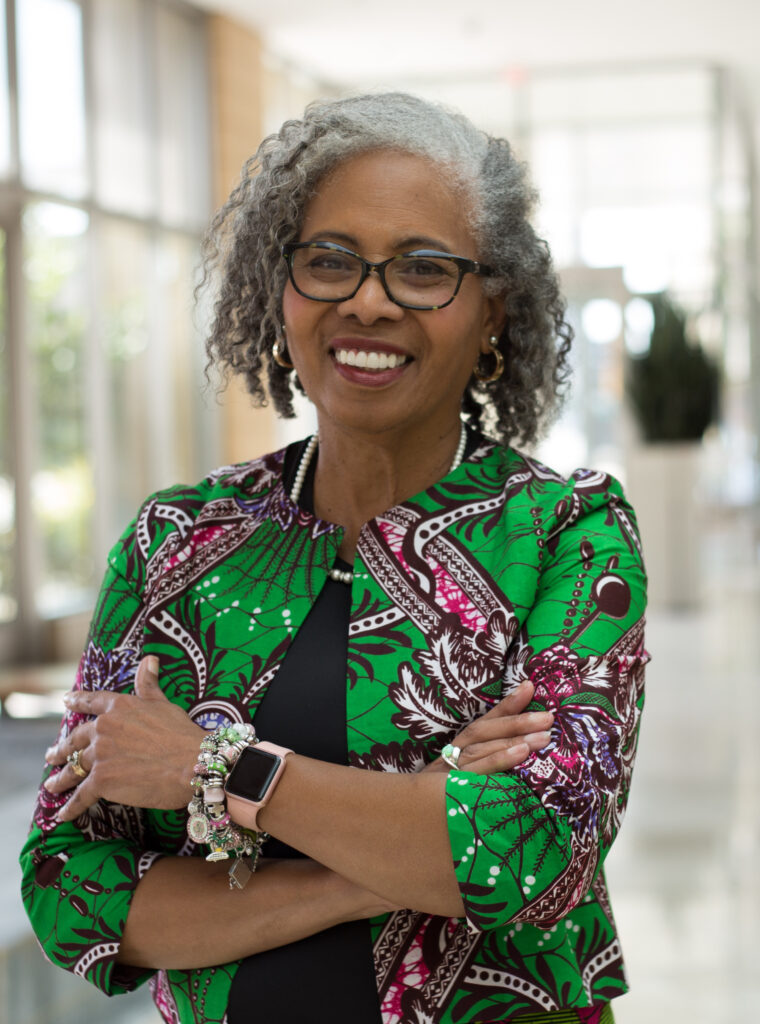
Institute Endnote Speaker
Dr. Tara J. Yosso is a first generation college student and is now a Professor in the School of Education at the University of California Riverside. Her research is extensively cited within and beyond education. For example, her article, “Whose Culture has Capital? A Critical Race Theory Discussion of Community Cultural Wealth,” has become the top cited article in Race Ethnicity and Education since its publication in 2005—with almost 9,000 citations. The American Educational Studies Association recognized her book, Critical Race Counterstories along the Chicana/Chicano Educational Pipeline (Routledge) with a 2008 Critics’ Choice Book Award, and some of the ten thousand copies that have been sold are being used in colleges and universities nationally and internationally. She has been awarded a Ford Foundation Postdoctoral Fellowship for Diversity and Excellence in University Teaching, a 2017 Derrick Bell Legacy Award from the Critical Race Studies in Education Association, and served as the 2021-22 Inaugural Distinguished Scholar in Residence for the Institute of Emancipatory Education in the Connie L. Lurie College of Education at San José State University. She is also one of seven scholars/activists recognized by the Color of Change organization’s 2022 Inaugural Black History Now Awards with an award established in her honor, the “Tara J. Yosso Award for Excellence in Counterstorytelling in Education.”
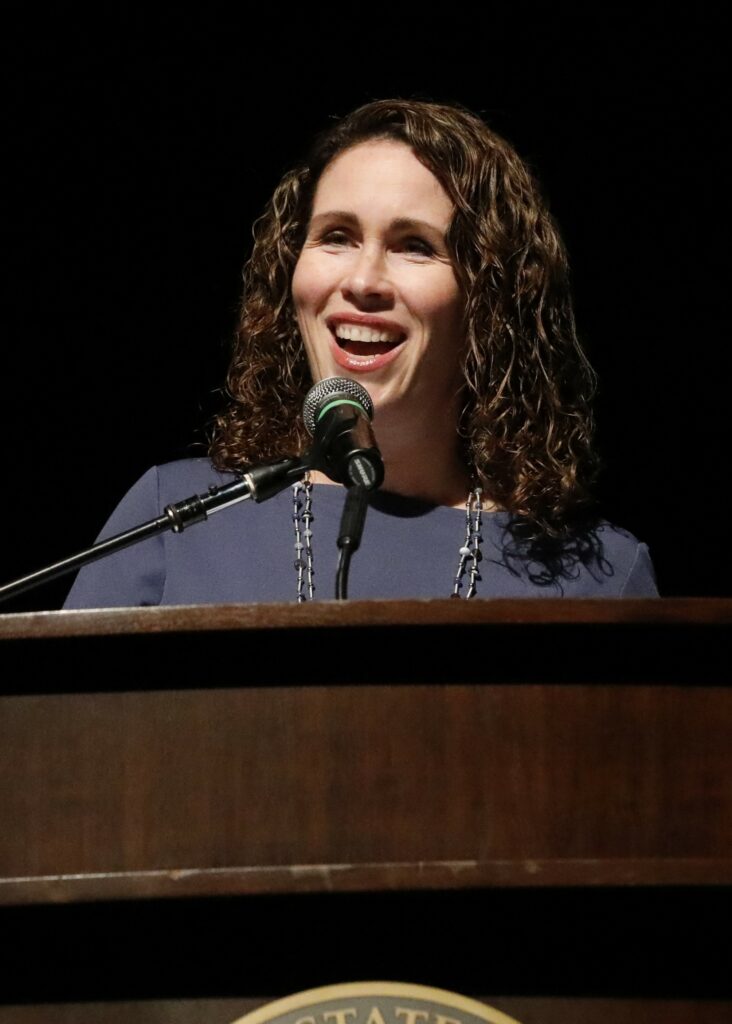
Speakers & Workshop Presenters
Dr. Penny A. Pasque (she/her) is Professor of Educational Studies in the Higher Education & Student Affairs program, and affiliate in Philosophy, History, & Policy program at The Ohio State University. In addition, she’s the Founding Director of the QualLab (a qualitative methodology center) and Director of Qualitative Methods in the Office of Research, Innovation and Collaboration (ORIC), College of Education and Human Ecology. Dr. Pasque is editor of one of the leading research journals, The Review of Higher Education (w/ Nelson Laird). Her research advances complexities in qualitative and post-qualitative inquiry in order to tangibly address the worlds “wicked” problems across fields and disciplines. She focuses on critical qualitative approaches, critical advocacy inquiry (CAI), congruency throughout a research design (no matter one’s paradigmatic perspective or methodological approach), and beyond. Dr. Pasque’s research has appeared in over 100 journal articles and books, including in The Journal of Higher Education, Qualitative Inquiry, The Review of Higher Education, Cultural Studies<-> Critical Methodologies, Diversity in Higher Education, among others. A few of her qualitative books include Advancing Culturally Responsive Research (w/ alexander), Qualitative Inquiry in Higher Education Organization and Policy Research (w/ Lechuga), Qualitative Inquiry for Equity in Higher Education: Methodological Innovations, Implications, and Interventions (w/ Carducci, Kuntz & Gildersleeve), and Critical Qualitative Inquiry: Foundations and Futures (w/ Cannella & Pérez).
For more information visit Dr. Pasque’s LinkedIn, Twitter, Instagram, Facebook and website.
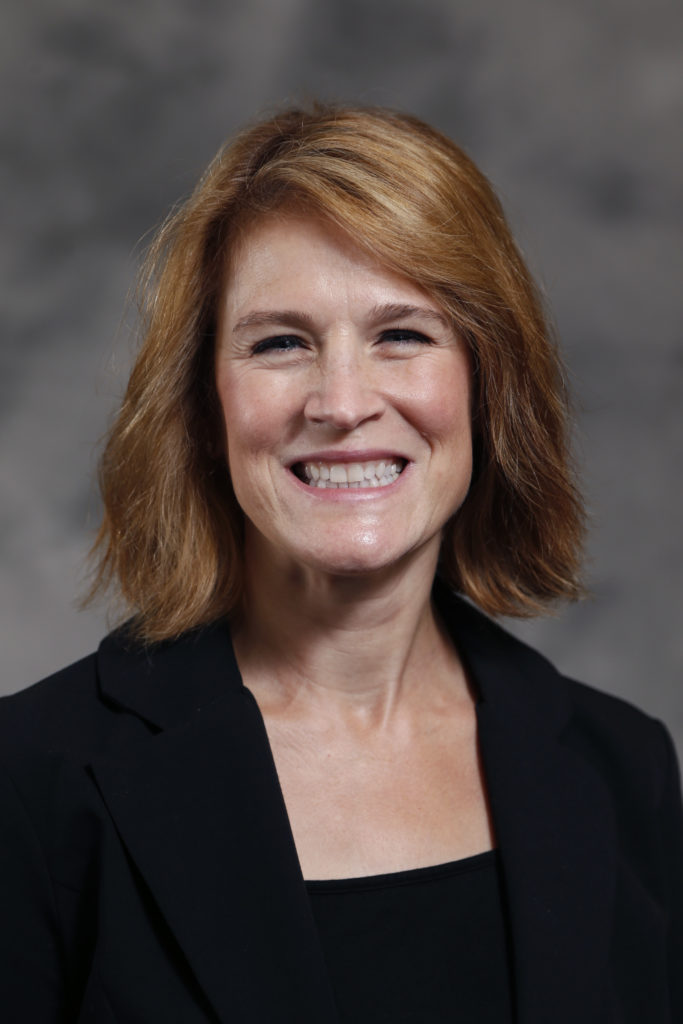
Dr. Don Pope-Davis (he/him, PhD, Stanford University) is Dean of the College of Education and Human Ecology at The Ohio State University. He is passionate about using higher education to address issues of equity, economic growth and the psychological well-being of educators and students. An educator for more than 25 years, he previously was dean of the College of Education at New Mexico State University, a Hispanic-serving institution. He also served in senior-level positions at the University of Notre Dame. Pope-Davis’ work on religious attitudes, multicultural competence and unintentional racism in counseling is widely published in peer-reviewed journals. He is an elected Fellow of the American Psychological Association’s Society for Psychological Study of Ethnic Minority Issues and a Fellow of the Society of Counseling Psychology. His most recent book, published by Cambridge University Press, examines the attitudes of Black Catholics in America. He is a member of the steering committee of Deans for Social Justice and Equity in Education and the incoming chair of the American Psychological Association’s Committee of Ethnic Minority Affairs.
For more information visit Dr. Pope-Davis’s Twitter and website.

Dr. Erynn Beaton is an Associate Professor in the John Glenn College of Public Affairs at the Ohio State University where she studies and teaches nonprofit organizing and qualitative methods. Erynn draws primarily on interpretivist and feminist qualitative methodologies. She received her Ph.D. from the University of Massachusetts Boston College of Management program on Organizations and Social Change.
For more information visit Dr. Beaton’s Twitter | LinkedIn | Website
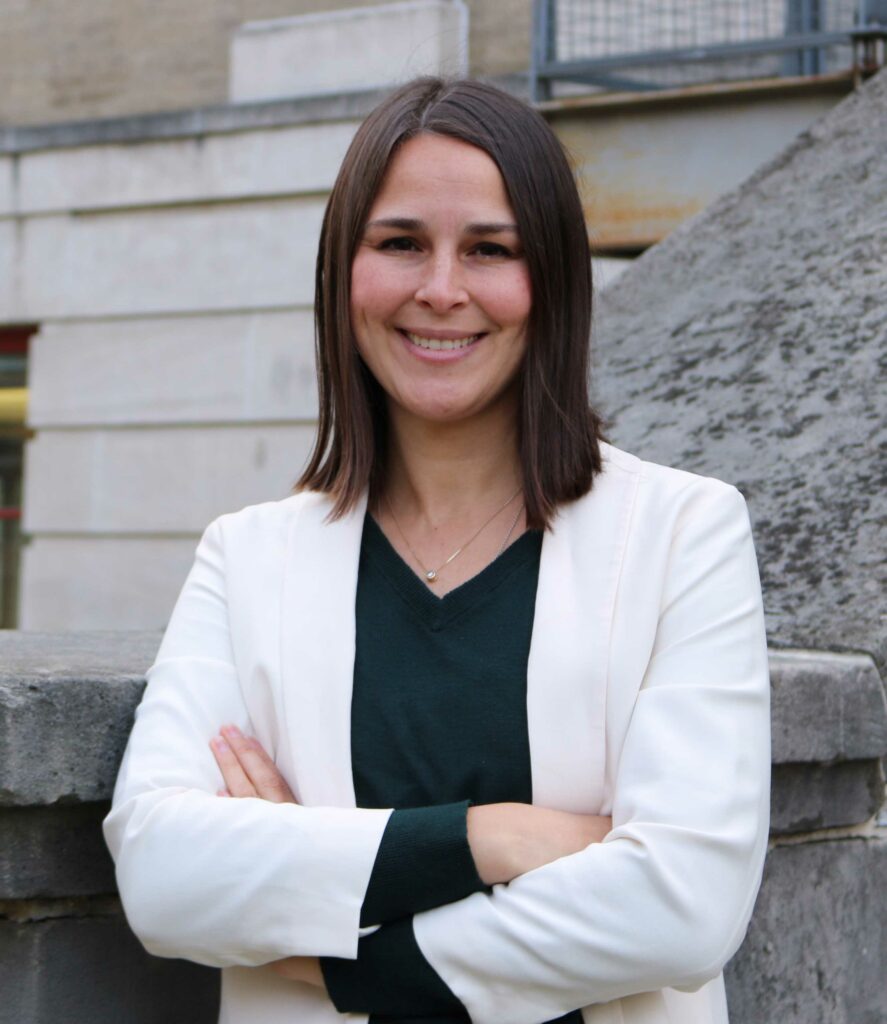
Dr. Kakali Bhattacharya is a professor at University of Florida housed in Research, Evaluation, and Measurement Program. Her work has made spaces in interdisciplinary de/colonizing work and qualitative research where creativity and contemplative approaches are legitimized and seen as gateways for cultivating depth, integrity, expansive inquiry, and discovering critical insights. Substantively, she explores transnational issues of race, class, gender in higher education.
She is the 2022 winner of the inaugural Egon G. Guba Award for Outstanding Contributions to Qualitative Research from the American Educational Research Association’s Qualitative Research Special Interest Group (AERA QR-SIG). She is also the winner of the 2018 winner of AERA’s Mid-Career Scholar of Color Award and the 2018 winner of AERA’s Mentoring Award from Division G: Social Context of Education. Her co-authored text with Kent Gillen, Power, Race, and Higher Education: A Cross-Cultural Parallel Narrative has won a 2017 Outstanding Publication Award from AERA (SIG 168) and a 2018 Outstanding Book Award from International Congress of Qualitative Research. She is the 2020 winner of Mary Frances Early College of Education Distinguished Alumni Award for research from the University of Georgia.

Dr. Durell M. Callier is an artist-scholar, who employs Black feminist and queer methodologies to explore the interconnectivity of race, gender, sexuality, and culture. Callier’s research documents, analyzes, and interrogates the lived experience of Black youth and their communities. His research analyzes the racialized queer dynamics of power within educative spaces and practices and illuminates the role art can play in responding to anti-Black and anti-queer violence.
Callier is co-founder of Hill L. Waters (HLW), an arts-based research collaborative that enacts Black queer world making as embodied pedagogy. HLW performs compelling narratives, conducts workshops, and writes works dedicated to Black liberation. He is co-author of two books, Who look at me?!: Shifting the Gaze of Education Through Blackness, Queerness, and the Body (Brill, 2019), as well as Performative Intergenerational Dialogues of a Black Quartet: Qualitative Inquiries on Race, Gender, Sexualities, and Culture (Routledge, 2022).
Dr. Durell M. Callier is an Associate Professor in the Department of Educational Leadership with affiliation in the Women’s Gender, and Sexuality Studies program at Miami University. He earned a Ph.D. from the University of Illinois at Urbana-Champaign in Educational Policy Studies with a minor in Gender and Women’s Studies, and cognate in Qualitative Research Methods.

Dr. Colette Cann (she/they) is a mother, sister, daughter, and granddaughter raised in a family of educators. She is also the Associate Dean for Academic Affairs, Research, and Faculty Advancement and Professor in the International and Multicultural Education Department at University of San Francisco’s School of Education. In addition, Colette leads a nonprofit, Rise for Racial Justice Center, that provides training in racial literacy for K-12 educators and parents. Her scholarship centers critical race theory, praxis, and methodology. Her most recent publication through Teachers College Press in the Teaching for Social Justice Series is a collaborative project documenting the work of the Rise for Racial Justice Center.
For more information visit the Rise for Racial Justice Center’s Instagram | University for San Francisco International and Multicultural Education Department’s Instagram
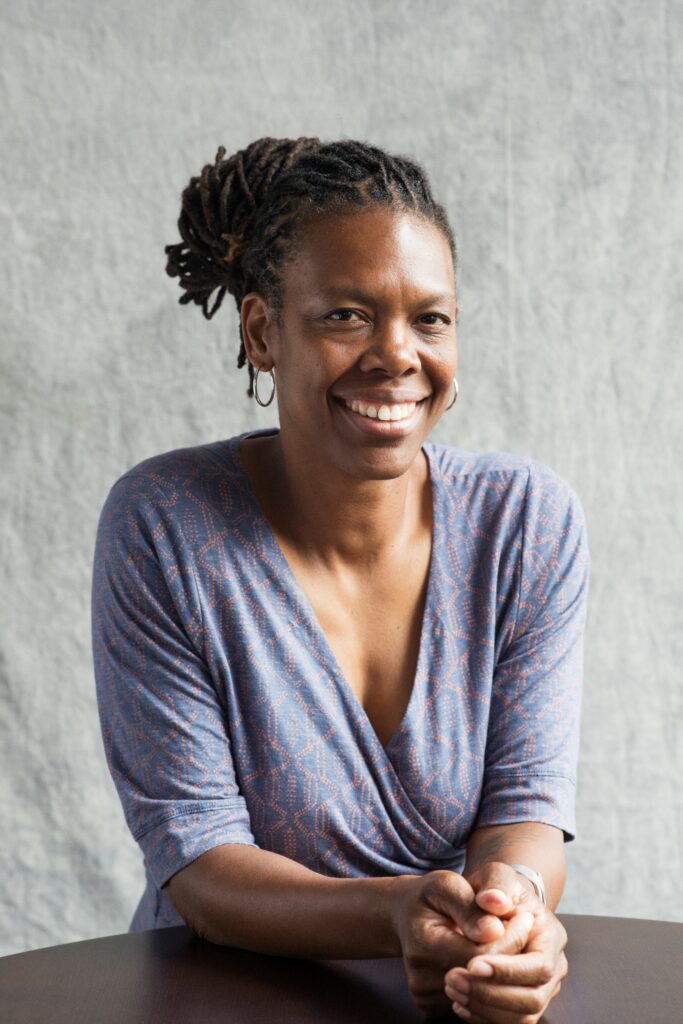
Dr. Theodore Chao (he/him/his) is an Associate Professor of Mathematics Education at The Ohio State University in Columbus, Ohio. Professor Chao uses video, photovoice, and technology to engage children, teachers, and community members in telling and sharing their mathematics stories so we can all recognize our mathematical power. First, he actively works to help remove our blinders about what mathematics is and how it is taught, helping teachers and students see that another way of knowing and understanding mathematics is possible beyond their own school experiences. Second, he believes in collecting multiple opportunities for connection, delving into the ways all our mathematics stories and lives intersect with each other. Third, his scholarship and teaching revolve around radical love, the belief that the only path to freedom is through the very hard and necessary step of loving each other and ourselves. Fourth, he sees competition, especially in mathematics learning, as problematic, stealing opportunities for joy that come from collaborative mathematical thinking. These core values guide Professor Chao’s scholarship, teaching, and service towards a humanizing, loving, and decolonizing vision of mathematics and STEM Education.
For more information visit Dr. Chao’s Twitter | Instagram | YouTube | Website
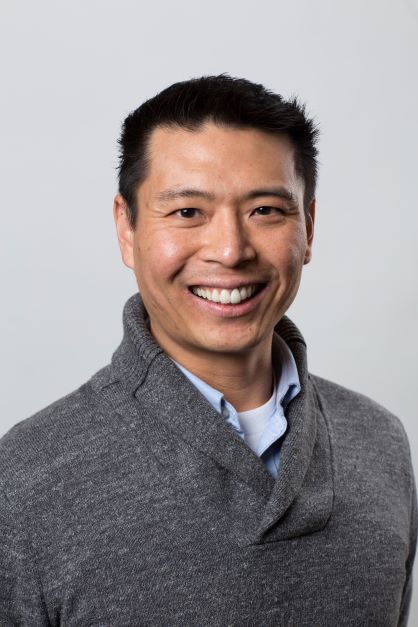
Dr. Min-Seok Choi will join the University of Louisiana at Lafayette as an assistant professor of literacy this fall. His primary research focuses on comprehending multilingual students’ language and literacy development, both within and outside of school settings, and investigating the teaching methods educators employ when providing feedback. Dr. Choi uses a language socialization theory and multimodal interaction analysis to gain insights into multilingual individuals’ diverse communicative skills and evolving practices within their communities. In his recent project, he explores how collaboration between parents and researchers can facilitate learning opportunities for children who are temporarily residing in new environments, enabling them to explore digital literacy practices within virtual communities. The aim of this project is to demonstrate how the partnership between parents and researchers can enhance parents’ use of effective communication strategies, encouraging their children to engage in various literacy activities and facilitating their exploration of identities within digital spaces.
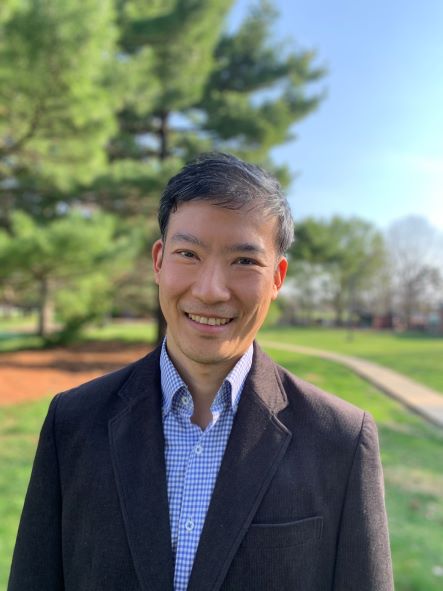
Dr. Katie Clonan-Roy is an Assistant Professor in the Department of Curriculum & Foundations, in the Levin College of Public Affairs & Education at Cleveland State University (CSU). Katie’s research interests lie at the intersections of education, adolescent development, and gender and sexuality studies and Katie is the co-founder of two research collaboratives: the EnGenderED Research Collaborative and the THRiVE Research Collaborative at CSU. When Katie is not conducting research, she teaches undergraduate and graduate courses at CSU, and engages in service work committed to equity and justice in K-12 and higher education.
For more information visit the EndgenderED Research Collaborative’s Instagram | the THRiVE Research Collaborative’s Instagram | Dr. Clonan-Roy’s Twitter
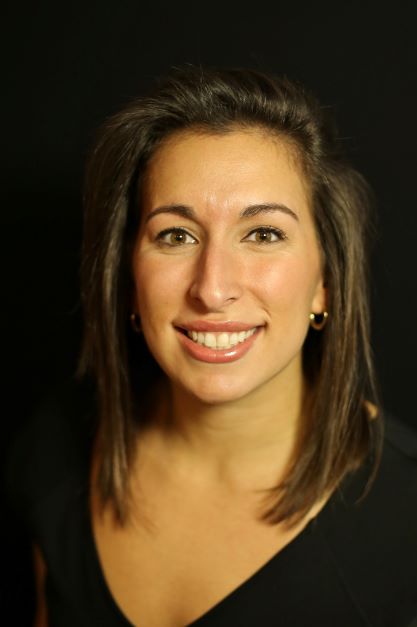
Dr. Venus E. Evans-Winters is a Visiting Professor of Education at The Ohio State University and the Black Girls Initiatives Research Coordinator at the African American Policy Forum. Her areas of research are educational policy analysis, Black girls’ and women’s onto-epistemologies, and critical race feminist methodologies. She is the author of Black Feminism in Qualitative Inquiry: A Mosaic for Writing Our Daughter’s Body and Teaching Black Girls: Resilience in Urban Schools and co-author of Introduction to Intersectional Qualitative Research. She is co-editor of the books, Black Feminism in Education: Black Women Speak Up, Back, & Out and Celebrating Twenty Years of Black Girlhood: The Lauryn Hill Reader. Dr. Evans-Winters is also a clinical psychotherapist in private practice and the founder of Planet Venus Institute.
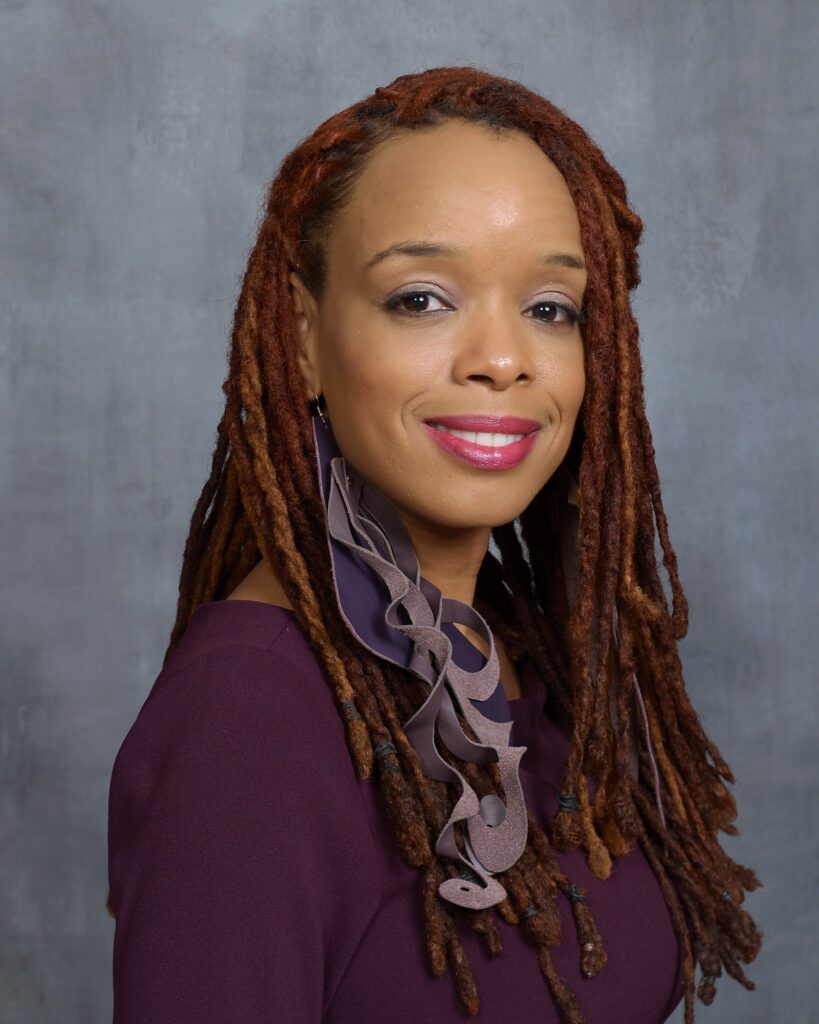
Dr. Donna Y. Ford is a Distinguished Professor of Education and Human Ecology and Kirwan Institute Faculty Affiliate at The Ohio State University’s College of Education and Human Ecology. She is in the Educational Studies Dept., Special Education Program. She returned to OSU in Aug. 2019. Professor Ford was formerly an endowed chair at Vanderbilt University in the College of Education. Dr. Ford has been a Professor of Special Education at the Ohio State University, an Associate Professor of Educational Psychology at the University of Virginia, and an Assistant Professor at the University of Kentucky. Professor Ford earned her Doctor of Philosophy degree in Urban Education (educational psychology) (1991), Masters of Education degree (counseling) (1988), and Bachelor of Arts degree in communications and Spanish (1984) from Cleveland State University. Professor Ford conducts research primarily in gifted education and multicultural/urban education. Specifically, her work focuses on: (1) the achievement gap; (2) recruiting and retaining culturally different students in gifted education; (3) multicultural curriculum and instruction; (4) culturally competent teacher training and development; (5) African-American identity; and (6) African-American family involvement. She consults with school districts, and educational and legal organizations on such topics as gifted education under-representation and Advanced Placement, multicultural/urban education and counseling, and closing the achievement gap. Professor Ford has written over 300 articles and book chapters; she has made over 2,000 presentations at professional conferences and organizations, and in school districts.
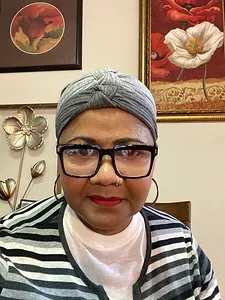
Dr. Claudia García-Louis (she/her/ella) is an associate professor at the University of Texas – San Antonio in the Department of Educational Leadership and Policy Studies department. She is a Mexican immigrant, LatinaMamíScholar, and former first-in-family and first-generation college student. Her scholarship is interdisciplinary in nature as she engages topics of Latinidad, LatinX identity development, education equity, culture, race, and ethnic identity development. She seeks to disrupt negative stereotypes about LatinXs, minoritized populations, and underrepresented college students through the critical incorporation of culturally appropriate, asset-based methodological approaches. Her research centers on disrupting the racialization and homogenization of the U.S. LatinX population by underscoring intragroup racial, cultural, and linguistic diversity.
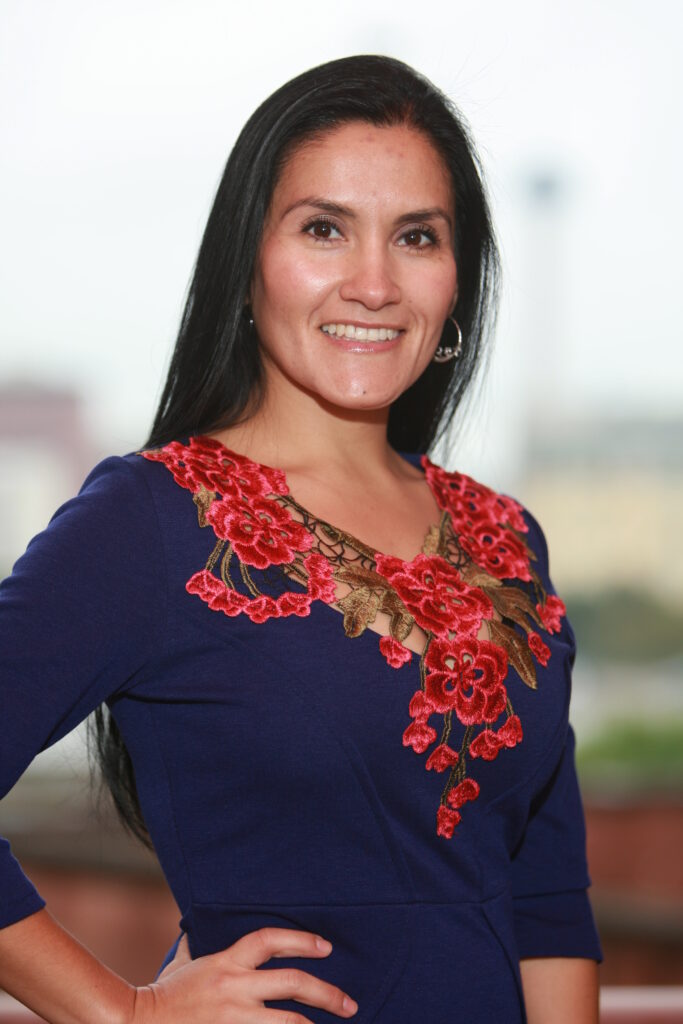
Dr. Whitneé L. Garrett-Walker (she/her) is an Assistant Professor of Educational Leadership, Policy and Social Diversity at the Ontario institute for Studies in Education, University of Toronto. Whitneé is a Black, Indigenous (enrolled member of Natchitoches Tribe of Louisiana) and Queer woman who is wife to J., and Mama to Cadence. Whitneé approaches her scholarly work as a practitioner who served for over a decade as a teacher, and school administrator in public schools in Oakland and San Francisco. Dr. Garrett-Walker studies the experiences of Black and Indigenous women educational leaders as well as Black and Indigenous solidarities and futurities.
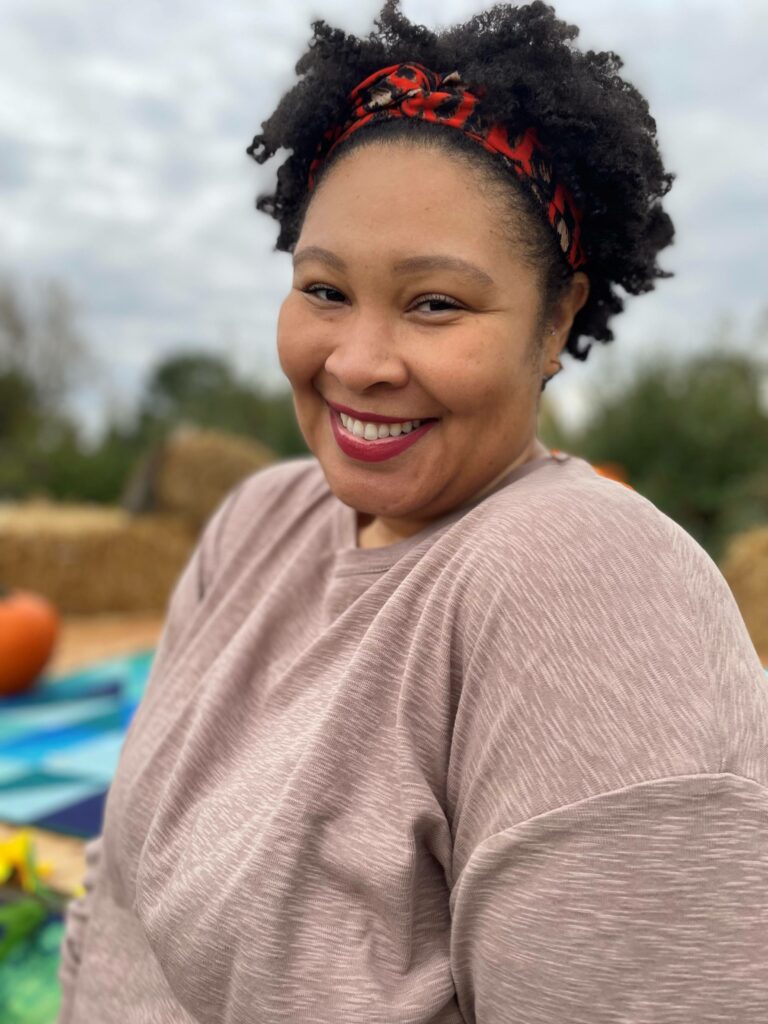
Eghosa Obaizamomwan Hamilton is a first generation Nigerian American raised in Sacramento. With over 16 years of teaching experience, she is cofounder of Making Us Matter, a Black woman-owned nonprofit educational organization. She is also the co-editor of the newly launched Black Educology Journal. She is the co-author of several peer-reviewed publications. She has presented at conferences on antiblackness in education, Black student experience, abolitionist teaching, and hip hop pedagogy.
For more information visit Eghosa Obaizamomwan Hamilton’s Instagram | the Black Educology Mixtape Instagram | Making Us Matter Instagram

Dr. Dominique C. Hill is a scholar-creative whose written and performed scholarship interrogates twenty-first century Black girlhood with a focus on embodiment. In Hill’s scholarship, the body functions as a central way of knowing and site of unlearning and retooling. Raised by three generations of women who know the power of prayer and libations, Hill’s living, art, and research is grounded in collectivity and imagination. Hill continues this intergenerational and spiritual work as a homegirl of Saving Our Lives, Hear Our Truths (SOLHOT), a core collective member of Street Dance Activism, the divine guide of the 28 Day Global Dance Meditation, and as co-visionary of Hill L. Waters (HLW).
An arts-based research collaborative that enacts Black queer world making as embodied pedagogy, HLW conducts workshops and uses performance ethnography to write and narrate works dedicated to Black liberation. Hill is co-author of the recently published Performative Intergenerational Dialogues of a Black Quartet (Routledge, 2022) and Who look at me?!: Shifting the Gaze of Education Through Blackness, Queerness, and the Body (Brill|Sense, 2019). Through research, pedagogy, and praxis, Hill extends the field of Black Girlhood Studies as an assistant professor of Women’s Studies at Colgate University.
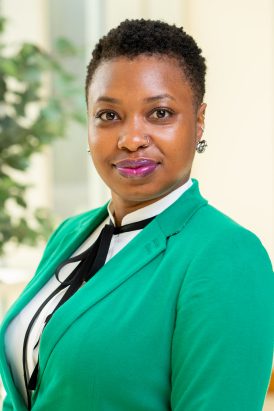
Fetaui Iosefo is the youngest daughter of Fuimaono Luse Vui Siope born on the Island of Upolu in the village of Lalomanu, Western Samoa. Su’a Muamai Vui Siope was born on the island of Apolima and raised on the island of Savaii in the village of Lano Western Samoa. Her parents migrated to Aotearoa, New Zealand, in the late 1950s. Her father worked on the railways and as a farm hand, while her mother worked as a housemaid. Fetaui is a child of the Moana cosmopolitan (Lopesi, 2020). Her chosen life partner is Sonny, and they are the sacred custodians of two beautiful humans, Joshua and Muamai, as well as two fur babies TJ and CJ. Collectively her aiga (family) heart work ruminates in; Decolonizing, Samoan Indigenous Reference, Aiga (family) Aiga ethics (family ethics) Va (relational connectors), Wayfinding and Critical autoethnography and education. She is a doctoral candidate and Professional Teaching Fellow within the School of Critical Studies at the University of Auckland, Faculty of Education and Social Work.
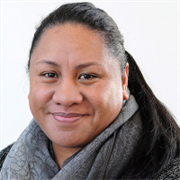
Dr. Charlotte E. Jacobs (she/her), is an adjunct assistant professor at the University of Pennsylvania Graduate School of Education. Her research interests focus on issues of identity formation, race, and gender in education concerning adolescent girls of the global majority, justice-centered teacher education and equity in schools, and youth participatory action research (YPAR). Charlotte is the co-founder of the EnGenderED Research Collaborative a research hub for scholars and practitioners dedicated to equity in education through a critical feminist lens. She is also the director of the Independent School Teaching Residency program at Penn GSE. Charlotte proudly serves as a board member for the Girls Justice League, the Christina Seix Academy, and the Oprah Winfrey Leadership Academy for Girls.
For more information visit Dr. Jacobs’s Instagram
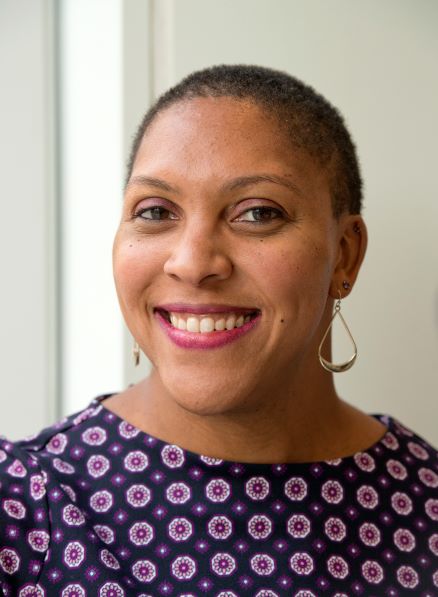
T. Gertrude Jenkins is a veteran English teacher of over fifteen years. She has worked and studied in school systems in Florida, Georgia, California, Botswana, Brazil, and the UK. Gertrude is currently a doctoral candidate at the University of San Francisco. Her research focuses on the legacy and evolution of fugitivity in Black education, highlighting the narratives of Black teachers and students. Her work is motivated by her desire to provide an alternative for Black teachers, students, and families who desire education spaces that are free from systemic white supremacy.
For more information visit T. Gertrude Jenkins’s Instagram
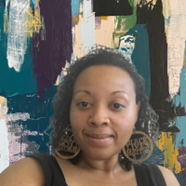
Dr. Muhammad Khalifa is a professor of educational administration and the Executive Director of Urban and Rural Initiatives at The Ohio State University. His research has addressed culturally responsive leadership, anti-racism, minoritized student identities in school, how schools can become liberatory spaces for youth by recognizing and valuing the experiential/ancestral knowledges in and around schools. Dr. Khalifa’s latest book, Culturally Responsive School Leadership (Harvard Education Press, 2018), was recently recognized as the top selling book in educational leadership and equity. He is also coeditor of three other earlier books: Handbook on Urban Educational Leadership (Rowan & Littlefield), and Becoming Critical: The Emergence of Social Justice Scholars (SUNY Press), and The School to Prison Pipeline. The Role of Culture and Discipline in School (Emerald Books). Dr. Khalifa has published in the many of the highest ranked education journals, including Review of Educational Research, Teachers College Record, QSE, Urban Review, Educational Administration Quarterly, andRace, Ethnicity, and Education, among others.
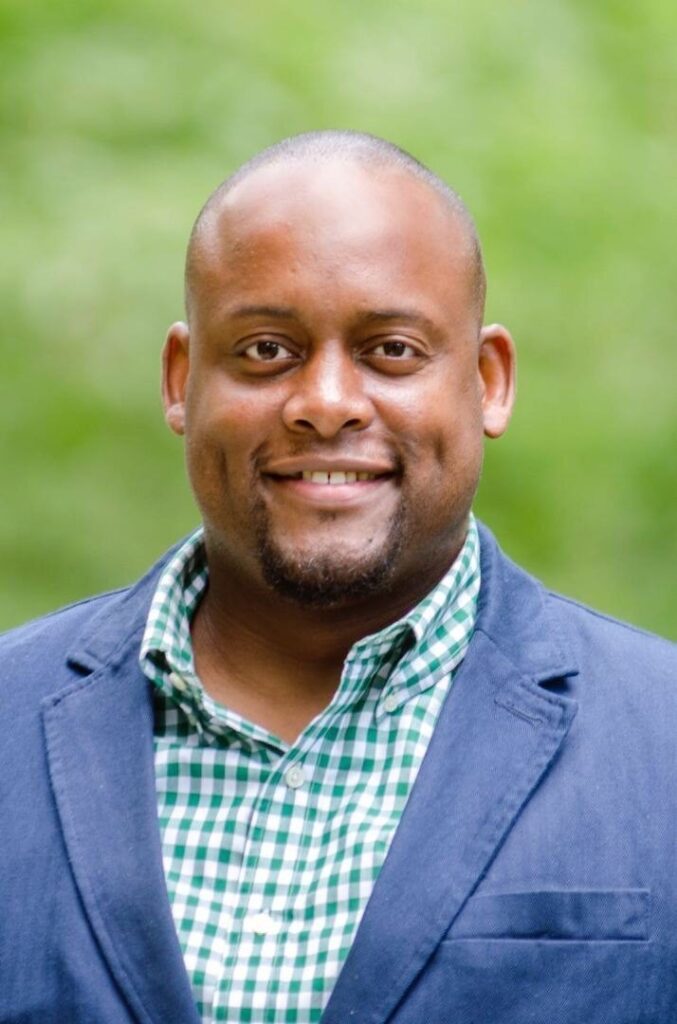
Dr. Grace Kim is an Assistant Professor of Education at Bucknell University, specializing in Language, Literacy, and Culture in Multilingual Settings. Her research examines language socialization and peer interaction of emergent bilingual learners, translanguaging pedagogies for biliteracy, language teacher agency, and technology-enhanced language education.
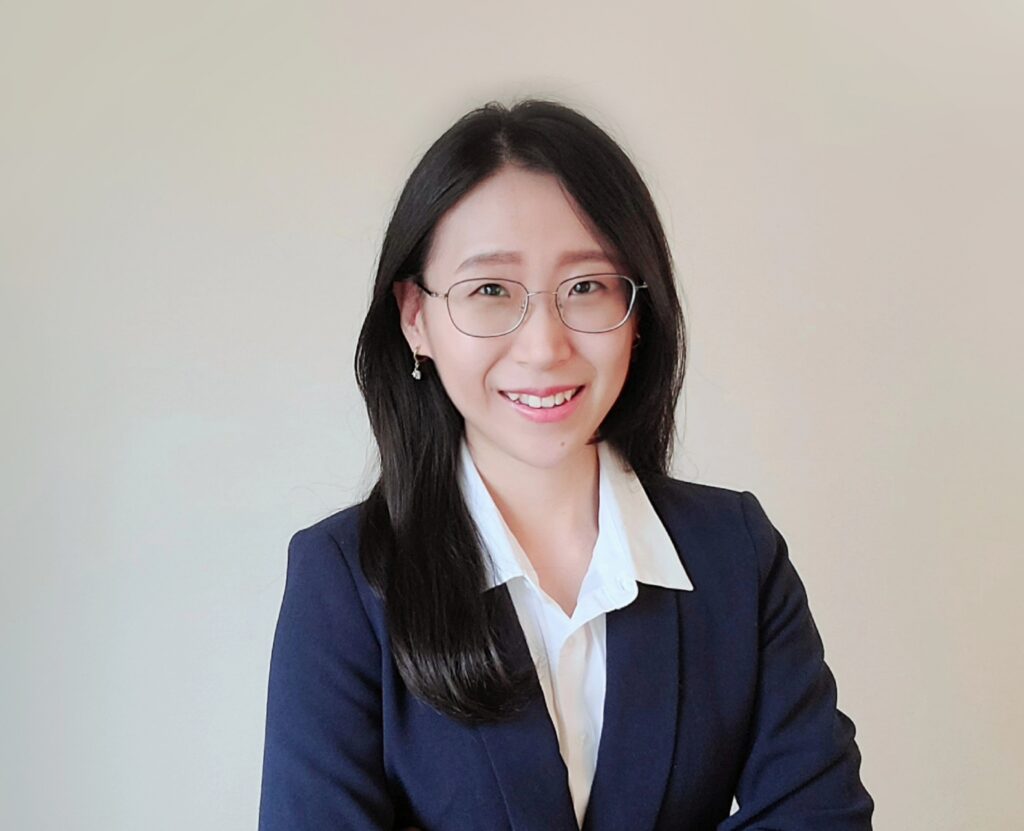
Dr. Jessica Lester is a professor of Qualitative Methodology in the School of Education at Indiana University, Bloomington. Having been trained in cultural studies and qualitative research methodology, she takes an interdisciplinary approach to her scholarship, including both the methodological and substantive foci of her research program. In her methodological work, Lester focuses on the study of language-based methods, digital tools in qualitative research, and disability in qualitative inquiry. Her substantive research has focused on examining interactional practices in clinical and educational contexts that involve children and youth. Lester has received numerous awards for her scholarship, among them the 2014 AERA Division D Early Career Award in Measurement and Research Methodology, the 2018 APA Distinguished Early Career Contributions in Qualitative Inquiry Award, and the 2022 American Educational Studies Association Critics’ Choice Book Award. At Indiana University, Lester teaches qualitative methods courses and was recently recognized by the 2022 Gorman Distinguished Teaching Award.
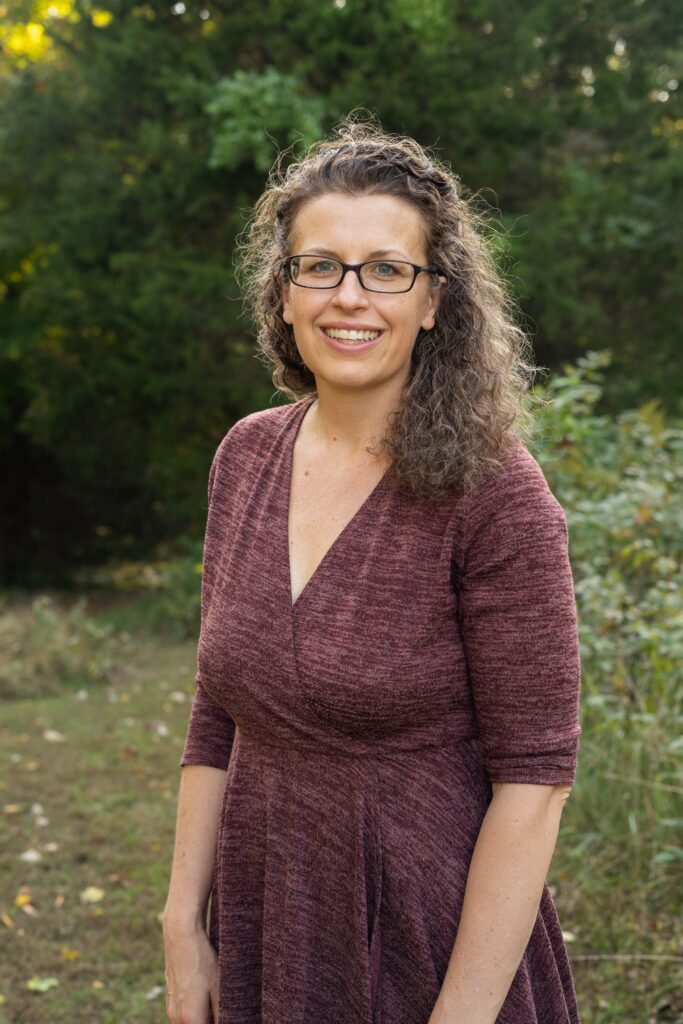
Daniel Mango also known as Baraka Ratego (he/him, MSW, EdD(c) at the University of San Francisco), is a disruptive social worker, healer, documentary filmmaker, life coach and a human rights educator. Daniel’s work focuses on unifying Africa and the African Diaspora. He does this by disrupting anti-Blackness through trauma healing, facilitating Black healing & learning circles, and leading positive Black-identity development spaces. He grounds his work in critical frameworks of Ubuntu, Afrikology, Afrocentricity, and Pan-Africanism.

Freddy Martin was born and raised in San Francisco. He is a Son, Brother, Uncle, Partner, and Friend. Having spent the last 15 years doing community-, tenant-, housing-, racial-, and social justice organizing, he realizes the importance of such work as necessary and crucial to overcoming and eradicating racism and harm done by colonialism, white supremacy, and violence. He is a community activist researcher-in-training through the University of San Francisco’s Dreamkeepers Initiative partnership with Collective Impact. He’s received his A.S. Degree from SF City College & the Certificate in Ministry Studies from Pacific School of Religion at Berkeley.
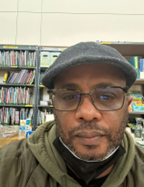
Dr. Rhodesia McMillian is an assistant professor of education policy at The Ohio State University. Her research interests and journal publications examine how federal, state, and local education policies impact the educational experiences of African American students and students with disabilities and how educational disparities persist in K-12 public education. Rhodesia McMillian received her Ph.D. from the University of Missouri-Columbia after consecutive careers as an autism teacher and a school psychologist.
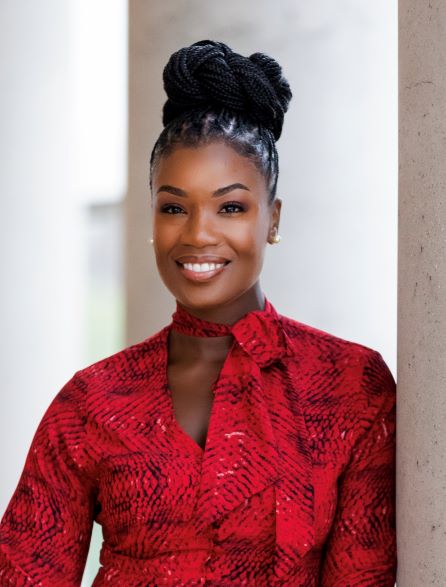
Dr. Leslie C. Moore (she/her) is an Associate Professor of Foreign, Second and Multilingual Language Education and Language, Education and Society in the Department of Teaching and Learning, College of Education and Human Ecology, at The Ohio State University. Dr. Moore is an applied linguist and a linguistic anthropologist. Her research examines the social and cultural patterning of learning and language development in communities whose members use multiple languages and participate in multiple learning traditions. Dr. Moore has three overarching goals in studying children’s educational experiences and developmental trajectories as learners and users of multiple codes across contexts: (1) to expand and deepen our understanding of diverse community practices of language use, teaching, and learning and how they vary across time and space; (2) to contribute to the empirical and theoretical bases on which formal and informal education may be made more effective for children learning in an additional language or variety of a language by understanding and drawing upon the repertoires of practice they develop across multiple sites and activities; and (3) to participate in and contribute to the translation of research into educational practice. Her research in Ohio, Cameroon, and the Netherlands has been funded by the National Science Foundation, the Ford Foundation, the Spencer Foundation, and Fulbright. Dr. Moore is currently engaged in two projects: a study of informal science learning for dual language learners from diverse cultural and linguistic backgrounds (in collaboration with COSI, our local science center) and a study of adult assessments of Black children’s narrative language (with Dr. Monique Mills, Speech and Hearing Scientist, University of Houston).
Click here for Dr. Moore’s website.
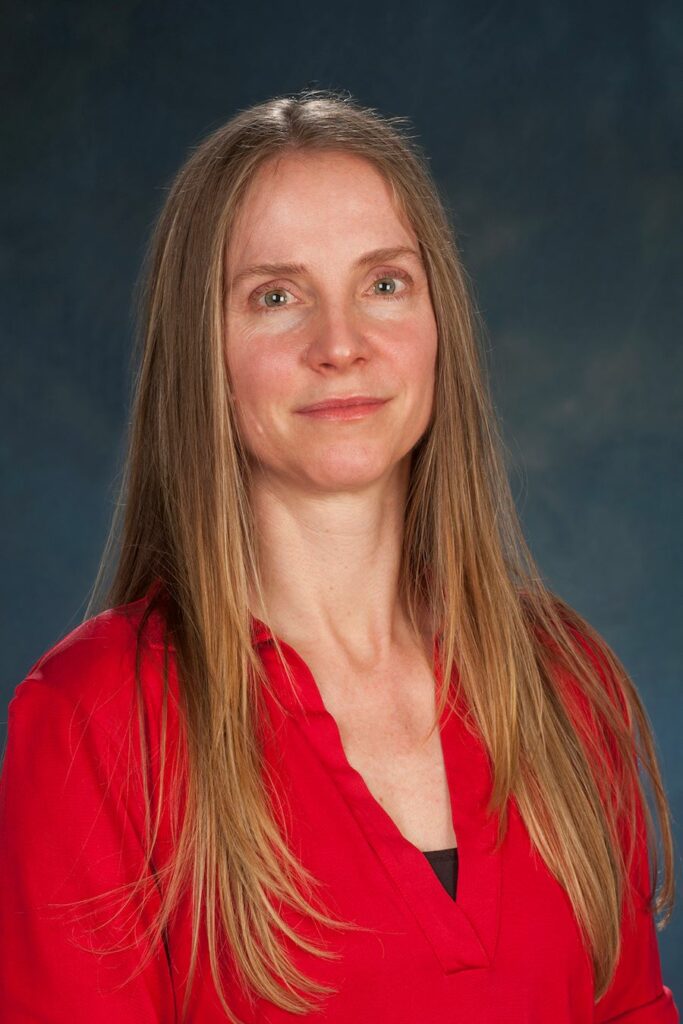
Dr. Michael W. Moses II is an assistant professor of Higher Education and Qualitative Methods at University of California Riverside’s School of Education. Drawing upon critical race and social theories, Dr. Moses’ research includes three interrelated lines of inquiry that seek to question and understand the mismatch between institutional diversity rhetoric and practice at traditionally white institutions. The first line of inquiry takes an asset-centered approach to ethnographically understanding the values and practices students and scholars of color employ to navigate institutional contexts. The second draws upon Dr. Moses’ training as a qualitative methodologist and uses conceptual and empirical methods to interrogate the racialized implications and taken-for-granted assumptions of qualitative methodological theory and practice. His third area of research meaningfully contributes to the scholarship on academic writing by theorizing and studying writing practices from the experiences of academic writers of color. Prior to beginning the tenure-track, Dr. Moses was a UC Chancellor’s Postdoctoral Fellow at UCR’s School of Education. He earned his Ph.D. from UCLA’s School of Education and Information Studies and holds a Master’s in African American Studies from UCLA and Bachelor’s in English from Georgia Southwestern State University where he played NCAA Division II men’s soccer.
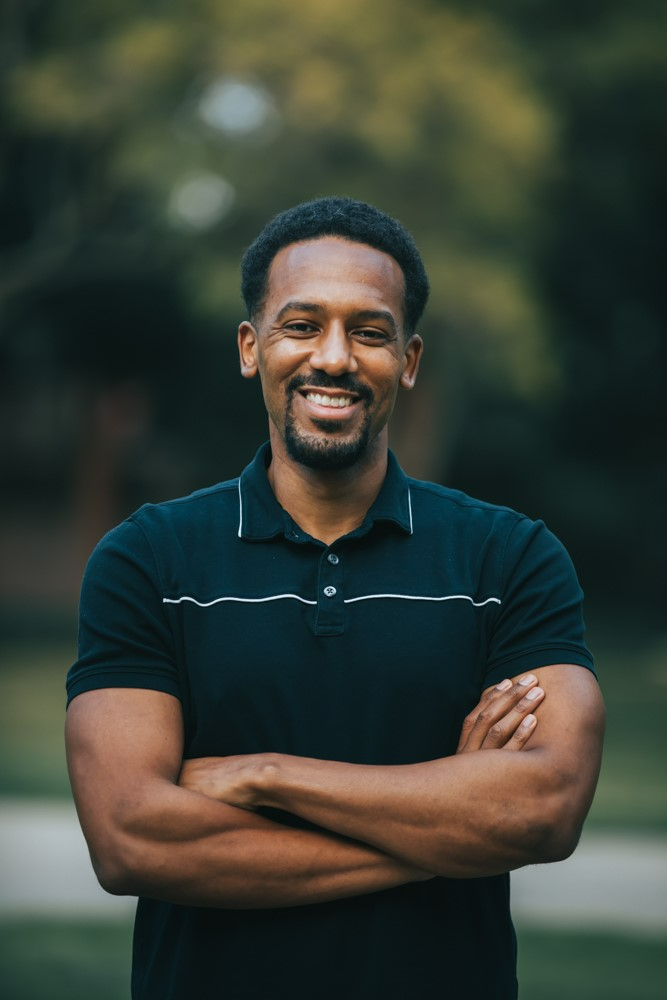
Dr. Emily A. Nusbaum (she/hers) teaches courses in disability studies in education, disability-centered curriculum, and accessible pedagogy at Mills College (Oakland, CA.) and teaches intro/advanced qualitative research at University of San Diego. She is a lecturer in the Disability Studies minor at University of California, Berkeley. Her current research interests lie in the advancement of critical, qualitative research by centering disabled bodyminds and disabled researchers, the ideology of inclusive education, and epistemological and ontological erasure of disability and its intersections from a range of educational and research contexts. Emily’s recent efforts have focused on partnerships with multiply-marginalized, disabled community scholars, resulting in the publication of a children’s book, academic articles, public events, and grant funded projects. Her dissertation, titled “Vulnerable to Exclusion: A Disability Studies Perspective on Practices at an Inclusive School,” won a 2010 American Education Research Association Outstanding Dissertation award. Most recently, her co-edited book, Centering Diverse Bodyminds in Critical Qualitative Inquiry (published by Routledge in 2021) won an American Educational Studies Association 2022 book award. Her work has been published in places such as: Race Ethnicity and Education, Critical Questions in Education, Educational Studies, Journal of Curriculum Theorizing, and Qualitative Inquiry, as well as in numerous edited volumes.
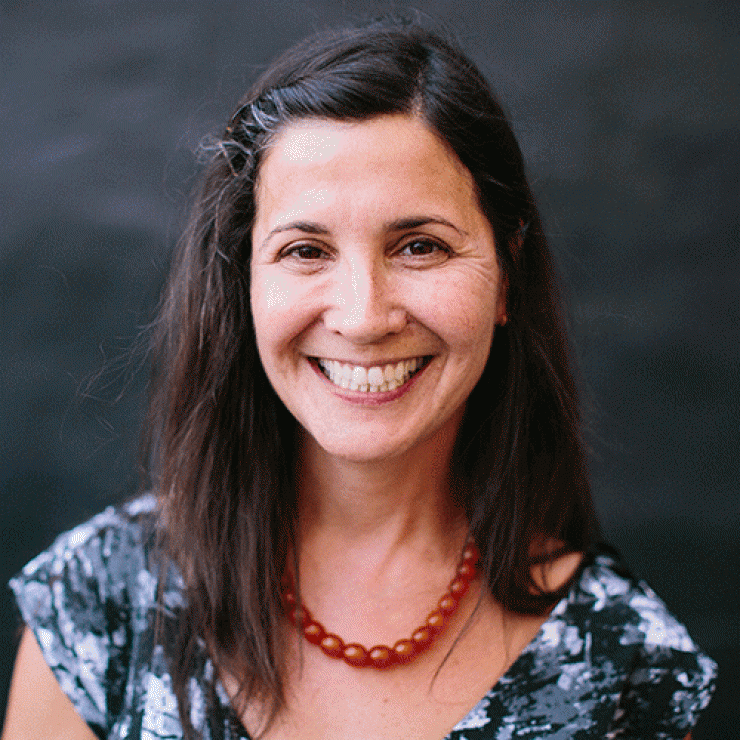
Dr. Mike Hoa Nguyen is assistant professor of education at New York University’s Steinhardt School of Culture, Education, and Human Development and faculty affiliate at the Institute for Human Development and Social Change and the Metropolitan Center for Research on Equity and the Transformation of Schools. His research and teaching critically examines the benefits and consequences of racialized public policy instruments in expanding and/or constraining educational systems, with a specific focus on how these dynamics shape access, learning, opportunity, and success within and beyond schools for students of color.
Dr. Nguyen aims to better articulate how race-conscious federal policy can reach its potential, and fulfill its promise to address pervasive educational inequalities for underserved and underrepresented populations and regions within the United States. He is the principal investigator of the Minority-Serving Institutions (MSI) Data Project, a research and resource initiative with the mission to advance greater understanding of MSIs and their unique contributions to postsecondary education. His work has been supported by organizations such as The Kresge Foundation and published in several outlets including Educational Researcher, the Journal of Higher Education, and the Review of Higher Education.
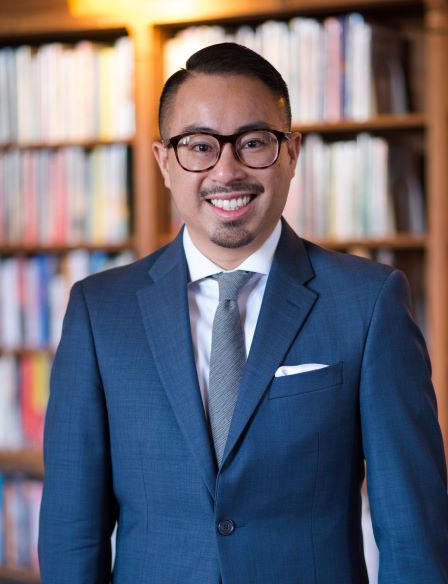
Dr. Z Nicolazzo is an associate professor of Trans* Studies in Education at the University of Arizona. Her work focuses on discourses of gender, grief as affect, and institutional investments in trans killability.
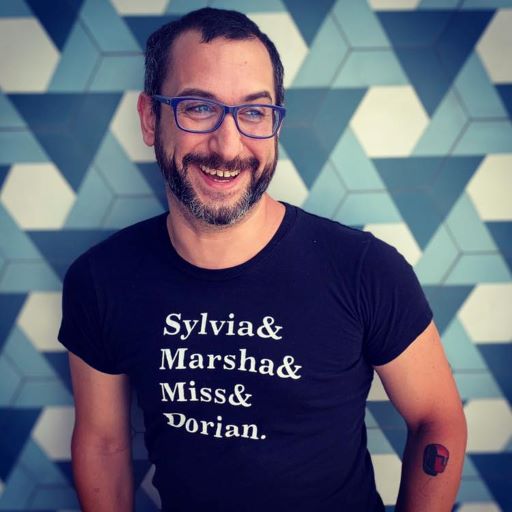
Dr. Fikile Nxumalo is an assistant professor in the Department of Curriculum, Teaching & Learning at the Ontario Institute for Studies in Education, University of Toronto, where she directs the Childhood Place Pedagogy Lab. She is also affiliated faculty in the School of the Environment and the School of Cities. Her scholarship focuses on reconceptualizing place-based and environmental education within current times of ecological precarity. This scholarship is primarily rooted in perspectives from Indigenous knowledges and Black feminist geographies. Her book, Decolonizing Place in Early Childhood Education (Routledge, 2019) examines the entanglements of place, environmental education, childhood, race, and settler colonialism in early learning contexts.
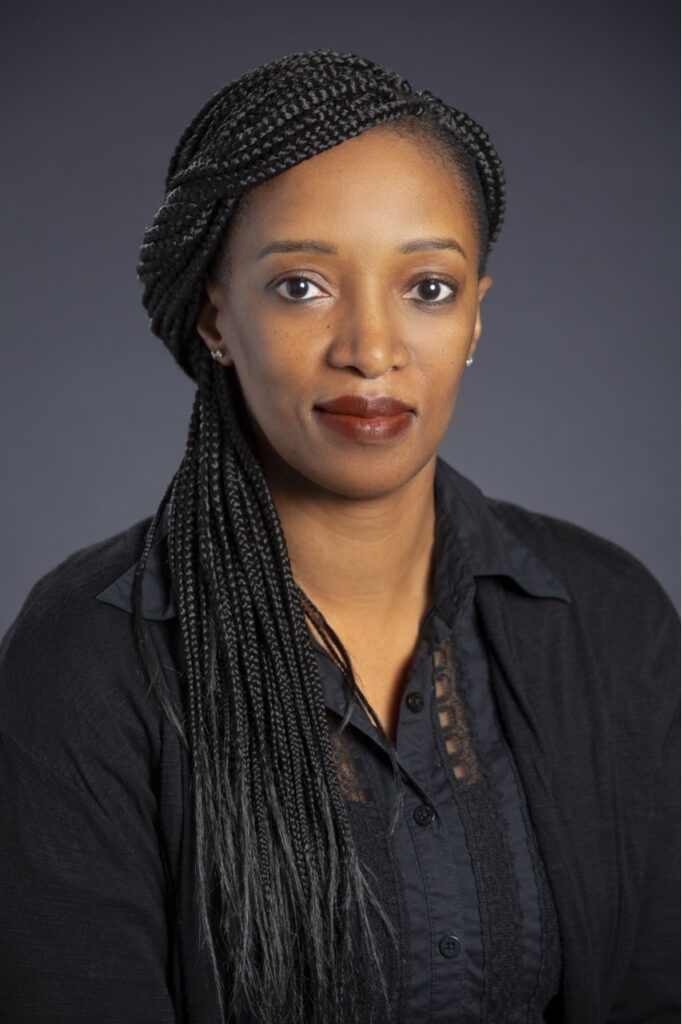
Dr. Moira Ozias (she/her) is an Assistant Professor of Educational Policy Studies & Practice in the Center for the Study of Higher Education at the University of Arizona. Her research focuses on equity in higher education practice, especially investigating white women’s racism and practices of harm reduction with white educators in the service of Black freedom dreaming and Indigenous survivance. She uses critical qualitative methods – including critical narrative inquiry, discourse analysis, visual, spatial, and ethnographic methods – to understand and resist white women’s affective and spatial investments in white supremacy and anti-blackness. To do this, she engages critical whiteness, gender, spatial, and affect theories and their intersections. Dr. Ozias’s work has been published in The Journal of Higher Education, The Journal of College Student Development, and Social and Health Sciences Journal. In addition to her research in higher education, Dr. Ozias has over 15 years experience in higher education administration, and has worked as a social worker with elders and teens in community-based settings.
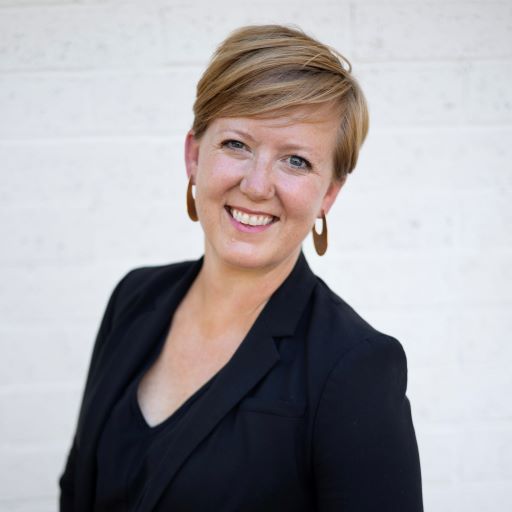
Dr. Dajanae Palmer is an Assistant Professor of Qualitative Inquiry in the department of Educational Leadership & Policy Analysis. Dr. Palmer earned her PhD in Higher Education at Indiana University Bloomington. She earned her Bachelor of Arts in Psychology from San Diego State University and her Master of Education in Postsecondary Administration and Student Affairs from the University of Southern California.
Dr. Palmer’s research interests are in examining and uplifting the experiences of graduate students, exploring feminist methodologies, and using critical theories to analyze the systems of domination in higher education. Dr. Palmer has experience working with Black women graduate students through her research with sista circle methodology, Black feminist thought, critical race feminism, and critical qualitative inquiry.
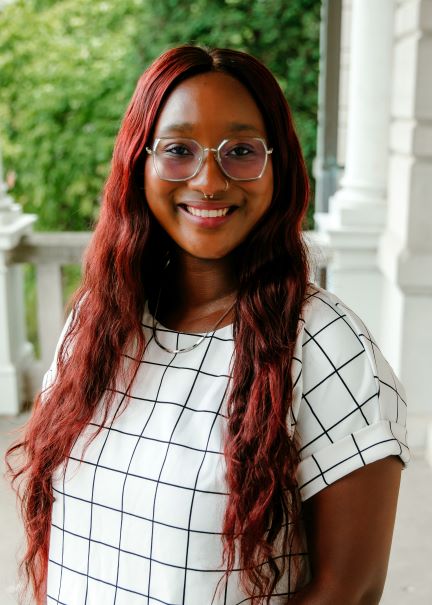
Dr. Trena M. Paulus (she/her) is a professor in the Research Division of Family Medicine at East Tennessee State University and will be serving as a Fulbright Distinguished Scholar at Adam Mickiewicz University, Poland, in spring 2023. She holds advanced degrees in instructional design and applied linguistics and has over 15 years of experience teaching qualitative research methods both online and on-ground. Her scholarship focuses on the intersection of research methodology and technological innovation. Dr. Paulus is co-author of Doing Qualitative Research in a Digital World (Sage, 2021), Looking for Insight Transformation and Learning in Online Talk (2019, Routledge) and Digital Tools for Qualitative Research (2014, Sage UK). Dr. Paulus is also a certified professional trainer for ATLAS.ti qualitative data analysis software.
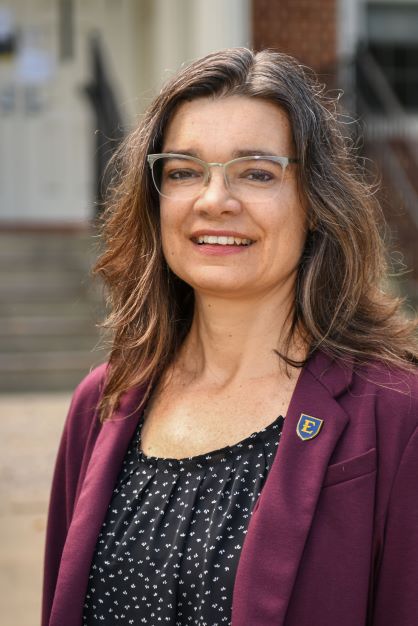
Dr. Holly Pearson (any pronouns) has worked as a contingent Assistant Professor faculty in higher education teaching a variety of sociology and education courses around diversity, disability, social-spatial justice, and mental health. Their scholarship focuses on institutional change with historically multiply marginalized communities in higher education from a spatial and architectural lens while using arts-based approaches. Dr. Pearson has also served on several national and local organizations in various leadership roles. As a recovering academic, she has transition to a state position that allows her to work closely with historically marginalized communities in advocating for interdependence equity and radical love. In addition, she is a yoga instructor, aspiring baker/cook, and KPOP fanatic.
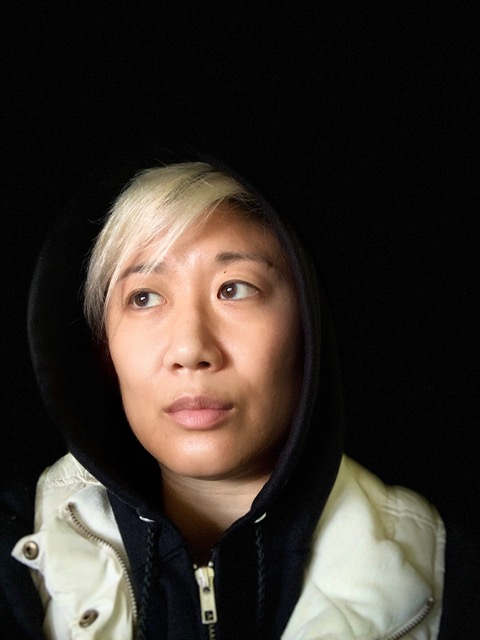
Dr. Michelle Salazar Pérez (she, her, hers) is the Velma E. Schmidt Endowed Chair for Early Childhood Education & Professor of Early Childhood Studies at the University of North Texas. She uses women of color feminisms to inform her community collaborations, research, and pedagogy. Dr. Pérez’s past and current scholarship addresses early childhood policy reform, historical and contemporary constructions of childhood/s, teacher education, and critical qualitative methodologies. Her work has been published in Teachers College Record, Contemporary Issues in Early Childhood, Equity & Excellence in Education, the Journal of Early Childhood Teacher Education, Qualitative Inquiry, and Review of Research in Education. She has co-edited several special issues and books, including The SAGE Handbook of Global Childhoods.
Dr. Pérez is currently working with the Early Childhood Justice Collaborative (ECJ CoLab). More information about the group’s Doctoral Fellows and projects can be found at ecjcolab.com
For more information visit Dr. Pérez’s website.
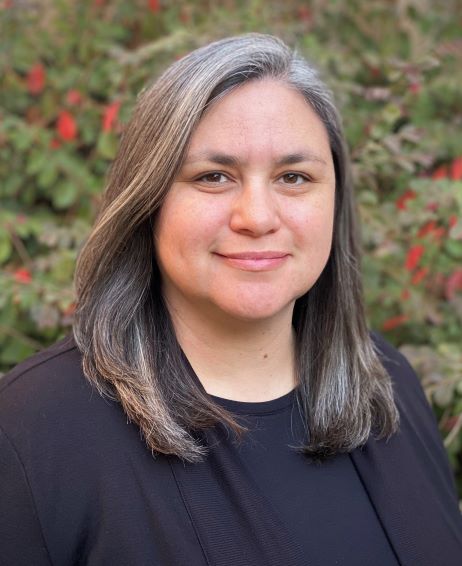
Dr. OiYan Poon (she/hers) is a Visiting Professor at the University of Maryland at College Park and a program officer at the Spencer Foundation. Her research agenda brings together organizational theories and race and ethnic studies to study selective admissions processes, affirmative action policies, and the racial politics of Asian Americans and education. She has utilized a range of methods and approaches including critical discourse analysis, narrative inquiry, constructivist grounded theory, community-based participatory research methods, and GIS spatial analysis. As a public scholar, she is a lead co-author of amicus briefs submitted on behalf of social scientists supporting race-conscious admissions in SFFA v. Harvard. In her scholarly work, she has past and current informal and formal partnerships with a range of organizations such as VAYLA New Orleans, the Xin Sheng Project, ACCEPT, NACAC, and the Coalition for a Diverse Harvard. In 2022, she and Michael Bastedo edited and published Rethinking College Admissions: Research-Based Practice and Policy (Harvard Education Press). Her forthcoming book, Asian American is Not a Color, which presents her research on Asian Americans and racial politics in the affirmative action debates through personal storytelling, will be published by Beacon Press in 2024.
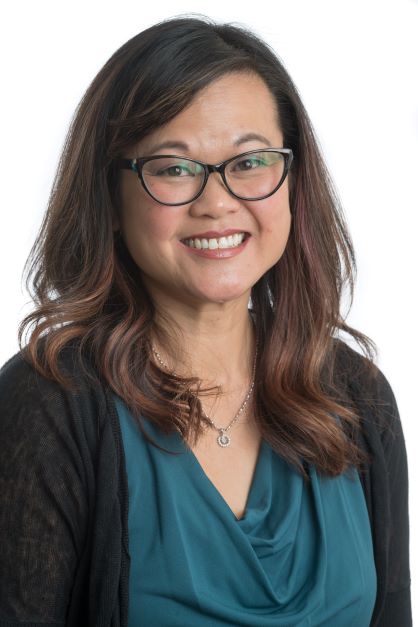
Dr. Stephanie Power-Carter is a professor in the Department of Teaching and Learning and the Director of the Center for Video Ethnography and Discourse analysis (CVEDA). Dr. Power-Carter is passionate scholar who in the words of one of her favorite poets Dr. Maya Angelou, “would like to be known as an intelligent woman, a courageous woman, a loving woman, a woman who teaches by being.” Her passion is to engage in research that helps us to see each other’s humanity more fully. She uses discourse analysis a way to see and examine how people use language to negotiate their identities and to better understand how Black youth, and youth from historically resilient communities navigate their educational experiences. Her scholarship examines the resilience, possibility, and potential of Black youth.
Dr. Power-Carter has presented her scholarship nationally and internationally and published in various journals such as Review of Research in Education, Theory into Practice, The Journal of Classroom Interactions, and Trabalhos em Linguística Aplicada. She has also published book chapters and co-authored three books: her most recent co-authored book is titled Discourse Analysis of Languaging and Literacy Events in Educational Settings: A Microethnographic Perspective. Additionally, she occasionally serves as an educational consultant and collaborates with school districts that view equity and inclusion as foundational pillars to teaching and learning and are committed to developing, facilitating, and sustaining socially just educational spaces. In her spare times, she enjoys creative writing, music, and community engagement.
For more information visit Dr. Power-Carter’s website.
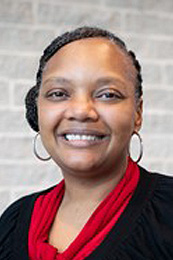
Dr. Jackie Ridley is Assistant Professor of Literacy and Early Childhood in the School of Teaching, Learning, and Curriculum Studies at Kent State University. Jackie researches the language and literacy practices of young refugee and immigrant-background youth, an interest born from her experience as an elementary English as a Second Language (ESL) teacher in the United States and in Thai-Burmese refugee camps. As a teacher educator and a classroom researcher, Dr. Ridley is committed to preparing English language arts educators to be effective in today’s increasingly multilingual classrooms.
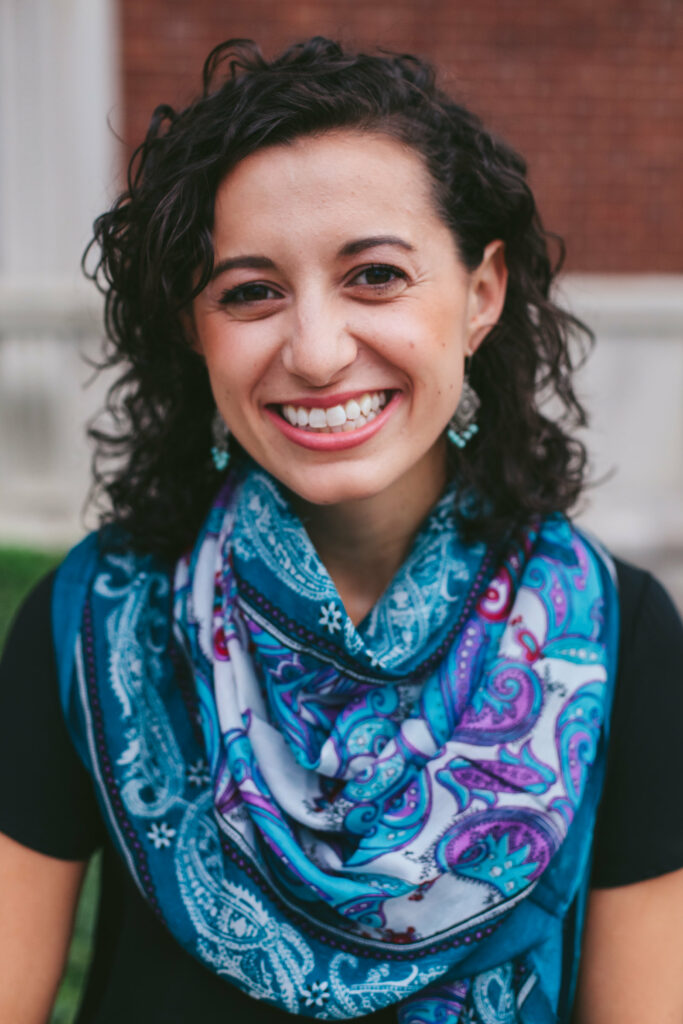
Dr. Timothy San Pedro (he/him) is an Associate Professor of Critical Studies in Education: Race, Justice, and Education at Ohio State University. He is Filipino-American and grew up on the Flathead Indian Reservation in Western Montana. His experiences there led him to focus his scholarship on the intricate link between motivation, engagement, and identity construction to curricula and pedagogical practices that re-center content and conversations upon Indigenous histories, perspectives, and literacies. His latest collaborative work focuses on the everyday aspects of Indigenous educational resurgence rooted in the intergenerational learning that occurs between mothers and their children in homes and communities. San Pedro is an inaugural Gates Millennium Scholar, Cultivating New Voices Among Scholars of Color Fellow, Ford Fellow, Concha Delgado Gaitan Council of Anthropology in Education Presidential Fellow, and a Spencer Postdoctoral Fellow.
For more information visit Dr. San Pedro’s website.
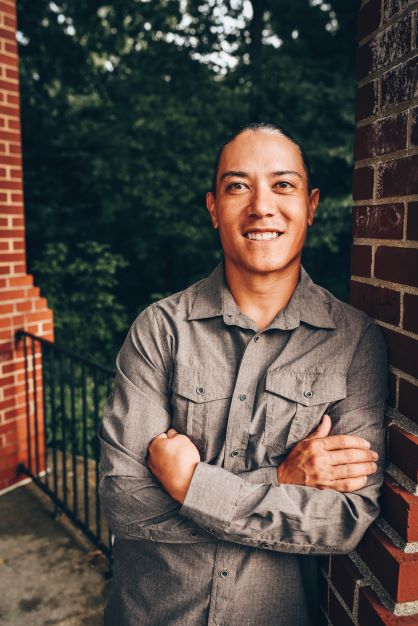
Dr. Shena Sanchez is an Assistant Professor of Qualitative Research at the University of Alabama. As a critical qualitative researcher, she uses an intersectional feminist lens to understand the experiences of Girls and Women of Color in K-12 schools. Her scholarly interests include student identity and voice, education policy and leadership, and the social-political-historical contexts of schooling. Shena is the founder of the Lavender Girls Project, a national mentoring and research group for and with Girls of Color from Title I high schools.
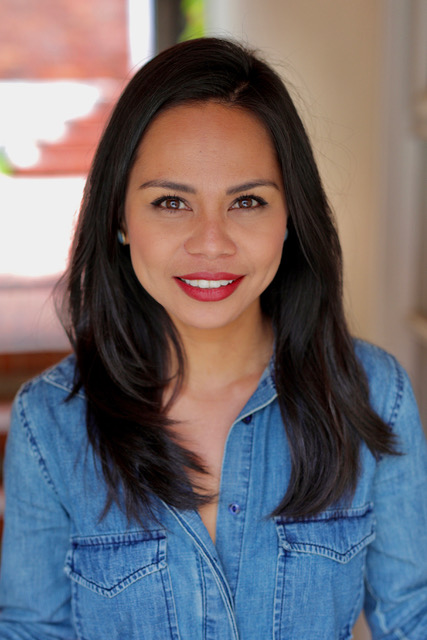
Dr. Saran Stewart is an Associate Professor of Higher Education, serves as Director of Global Education at the Neag School of Education and is the Director of Academic Affairs for the Hartford campus. Born, raised and educated in Kingston, Jamaica, Dr. Stewart has over 13 years of experience as a higher education administrator, professor, and scholar-activist across the globe. Her areas of specialization are in international and comparative higher education; the experiences of marginalized faculty and staff in higher education utilizing intersectionality, critical race theory, postcolonial, decolonial, (post)diasporic, and critical and inclusive pedagogical theories; and teaching and learning in local and global contexts, with regional foci being in postcolonial Caribbean countries and their respective ex-colonial European countries. She is the author of several publications including four edited books and the notable, Decolonizing Qualitative Approaches for and by the Caribbean, which has received several awards.
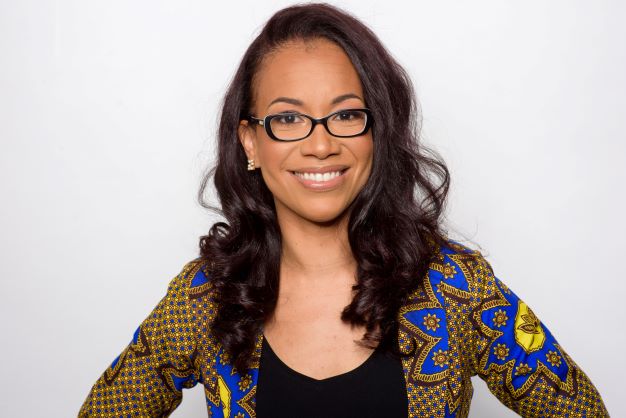
Dr. Amy E. Stich (she/her) is an associate professor of higher education at the Louise McBee Institute of Higher Education at the University of Georgia and an affiliate faculty member with the Interdisciplinary Qualitative Studies program at the University of Georgia. Her research examines issues of inequality of educational access, opportunity, and outcome relative to social class and race. Stich’s work has been supported by the National Academy of Education/Spencer Foundation and the National Science Foundation, and she is currently working as a Research Fellow with Georgia Policy Labs to lead a participatory action research study supported by the William T. Grant Foundation. Stich is the author of more than 30 publications, including Access to Inequality: Reconsidering Class, Knowledge, and Capital in Higher Education and is co-editor of The Working Classes and Higher Education: Inequality of Access, Opportunity, and Outcome. At the McBee Institute, Stich teaches graduate-level introductory and advanced courses in qualitative research and social theory.
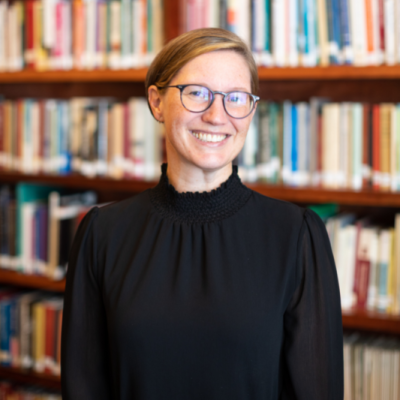
Heather Streets comes from a family of scholars and is the sixth to earn a doctorate, which she recently completed at the University of San Francisco. Using a term she coined called the “collegiate Black space”, her research focused on how Black students who attend historically White universities use online spaces for support, knowledge production, and organizing for activism. Heather’s scholarship centers her ongoing interest in deepening and expanding conversations about anti-Blackness in higher education and uncovering the ways in which Black students respond.
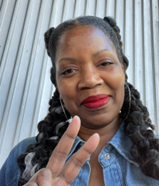
Dr. Amanda R. Tachine is Navajo from Ganado, Arizona. She is Náneesht’ézhí Táchii’nii (Zuni Red Running into Water) born for Tł’ízí łání (Many Goats). She is an Assistant Professor in Educational Leadership & Innovation at Arizona State University. Amanda’s research explores the relationship between systemic and structural histories of settler colonialism and the ongoing erasure of Indigenous presence and belonging in college settings using qualitative Indigenous methodologies. She is the author of the award winning book Native Presence and Sovereignty in College and co-editor of Weaving an Otherwise: In-relations Methodological Practice. She has published in the Journal of Higher Education, Qualitative Inquiry, International Review of Qualitative Research, International Journal of Qualitative Studies in Education, and other scholarly outlets. She also has published thought pieces in the Huffington Post, Al Jazeera, The Hill, Teen Vogue, Indian Country Today, Inside Higher Ed, and Navajo Times where she advances ideas regarding discriminatory actions, educational policies, and inspirational movements.
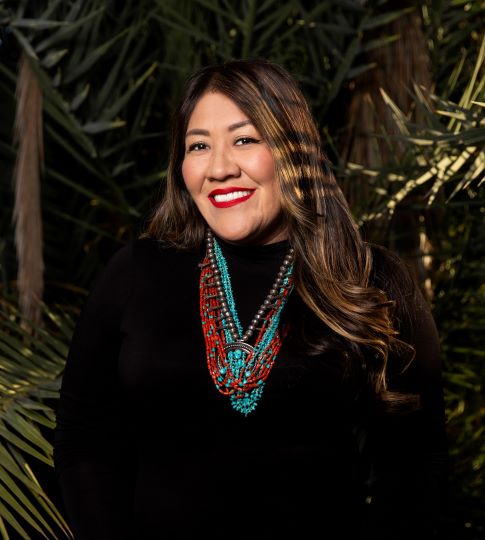
Dr. View (he/him/his) is the Assistant Professor of Creative Practice in Popular Music at The Ohio State University. Dr. View is the sonic spirit of Black Wall Street embodied. The Tulsa-based producer and DJ is a southern, soulful, sampled-based beat maker and songwriter who utilizes sound to educate and liberate community through music and stories. Inspired by the likes of Big K.R.I.T., Bobbi Humphrey, Dr. Dre, The Dream, Quincy Jones, and Missy Elliott, Dr. View got his name not only from his PhD, but from his southern roots in Longview, TX. Dr. View received his Ph.D in Higher Education Administration from the University of Oklahoma in 2019. His dissertation entitled Curriculum of the Mind: A BlackCrit, Narrative Inquiry Hip Hop Album on Anti-Blackness & Freedom for Black Male Collegians at historically white institutions, received the 2019 Bobby Wright Dissertation of the Year Award for the Association for the Study of Higher Education. These days the historic Greenwood district in Tulsa that was destroyed in the 1921 Tulsa Race Massacre is at the center of his artistry. He is the Executive Producer & Founder of Motown’s Fire in Little Africa compilation, and is the 2023 Nasir Jones (Nas) Hip Hop Fellow at Harvard University. He is also the 2023 Activist-In-Residence for the University of Oklahoma’s Women’s & Gender Studies Center for Social Justice.
For more information visit Dr. View’s Spotify | Apple Music | Tidal | YouTube | Soundcloud | Website | Twitter | Instagram


